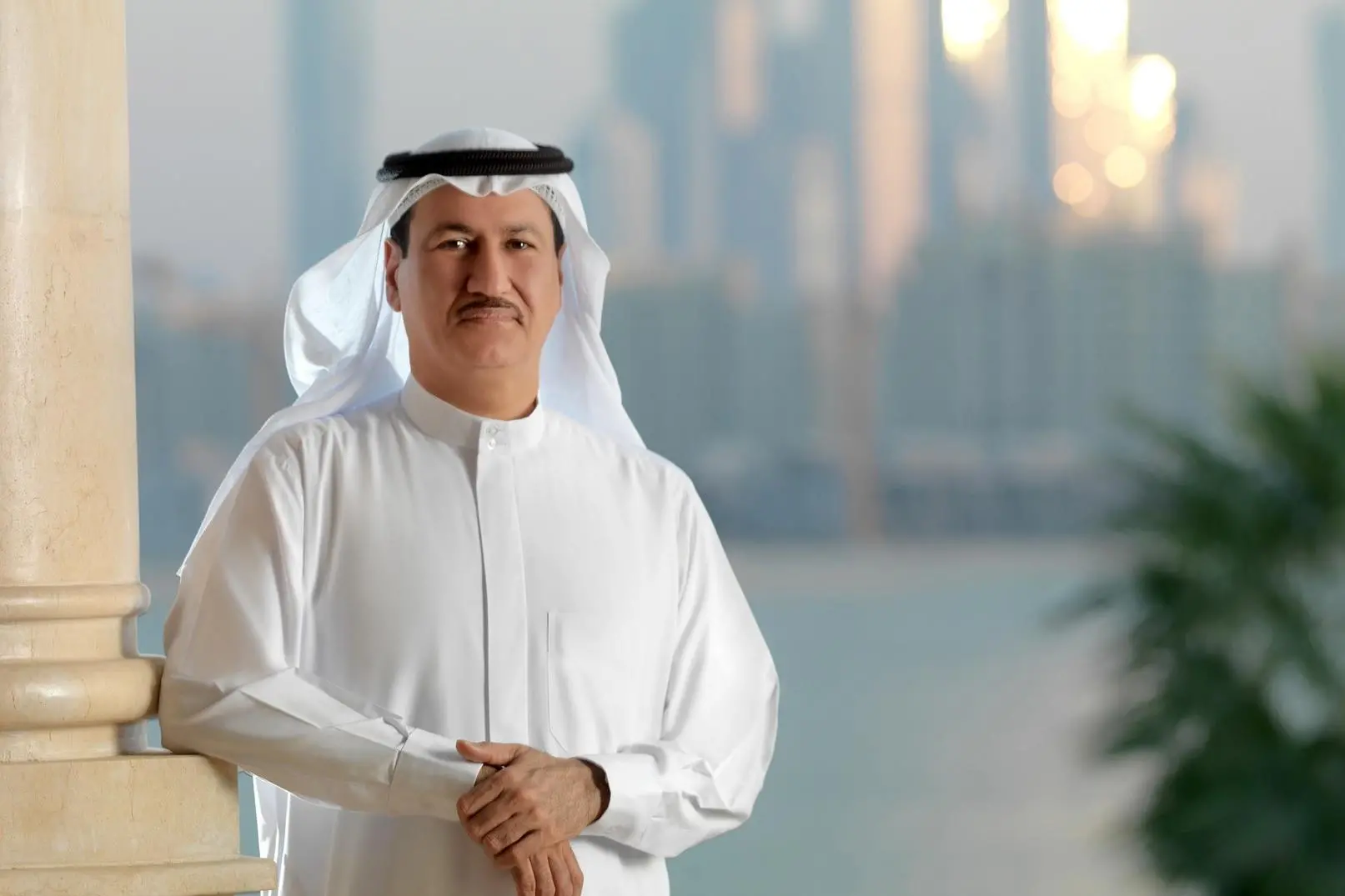PHOTO
The coronavirus pandemic has somewhat eased Dubai’s oversupply problems, but the months ahead will remain tough for the emirate’s real estate market, a top developer said.
Hussain Sajwani, the founder and chairman of DAMAC Properties, said the rest of the year will remain challenging, as the economies worldwide are still reeling from the financial fallout of the outbreak. What he is optimistic about, he added, is the upcoming World Expo in Dubai next year, which could bring in more tourists to the emirate and provide an uplift to the local economy.
“Definitely this year is going to be a tough year, as you know, because it was a lockdown in the world economy and all of that impact of COVID-19. I think next year, especially toward the second half of it, I am quite positive about it because with the Expo and the expectation of the number of tourism (sic) that’s going to come to Dubai,” Sajwani told CNN in an interview on Thursday.
The UAE’s property sector hit a huge slump in March, when businesses and corporate offices shut their doors as part of the precautionary measures to stem the spread of the virus. The closure of the UAE’s borders to international tourist traffic also meant that no potential foreign buyers could enter the country to explore some investment opportunities in real estate.
As travel and mobility restrictions eased in June, developers reported an uptick in demand, with real estate agents saying they’ve sold hundreds of properties in several weeks.
In July, the market saw a surge in demand for secondary villa and townhouse properties, with 493 units sold, historically the highest number of transactions reported in a single month, according to Property Finder.
“We have seen the demand picked up in [the] month of July. And we have seen our collection up by 30 percent in July versus June,” said Sajwani.
However, he said, for demand to really pick up, “the world economy has to open up.”
The market will also see some changes as a result of the pandemic, particularly in the type of structures that will be delivered to the market.
“Our focus is going to be more on villas, six stories, 12 stories, up to 15 stories. No question, office buildings [are] going to see a glut... I see oversupply because [some people will be] working from home, some of them will be able to use more technology on the video conferencing and so forth. But still, people have to live, and people have to have a house… and that will not change fundamentally,” he added.
If there’s one thing that the crisis has helped address, he said, it is the oversupply issue. “The supply has stopped from March almost until now. And I think most of our companies realise that [this] time is not easy, and they cannot just dump more supplies in the market. Now we will manage… I think we will manage the oversupply.”
Dubai’s property prices and rents have been on a decline in the last several years due to a continued gap between supply and demand.
Despite the uptick in buying activity in the last several weeks, total sales transactions remain low, with the July registering a 50 percent decline in overall sales when compared to the same period in 2019.
(Writing by Cleofe Maceda; editing by Seban Scaria)
Disclaimer: This article is provided for informational purposes only. The content does not provide tax, legal or investment advice or opinion regarding the suitability, value or profitability of any particular security, portfolio or investment strategy. Read our full disclaimer policy here.
© ZAWYA 2020





















